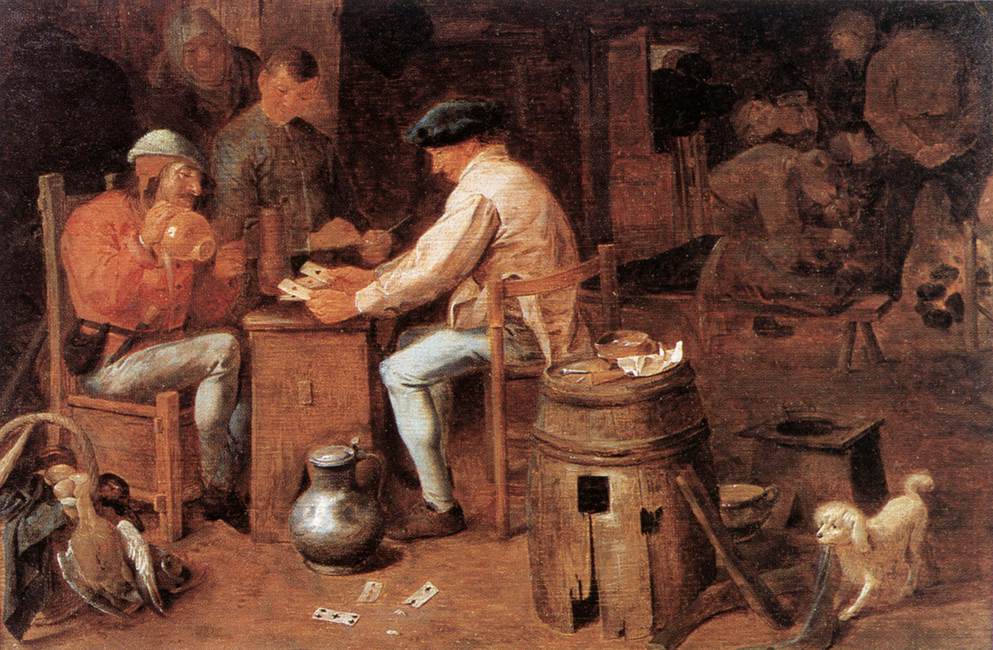Adding to life, in physics or metaphysics: does the number of years constitute our goal, or the vitality of the years?
Physicist: … without getting out my microscope, I judge that life is a finer thing than death, and I award the golden apple to life, seeing them both with their clothes on.
Metaphysician: And I judge likewise. But when I recall the custom of those barbarians, who for each unhappy day of their lives put a black pebble into a quiver, and for every happy day a white one: I think what a small number of white ones it is likely were found in these quivers when they died, and what a multitude of black ones. And I want to see before my eyes all the stones of all the days that are left to me; and sorting them through, be able to throw away all the black pebbles, and subtract them from my life; keeping only the white ones: however well I know that they would not make much of a heap, and would be a dusty white.
Physicist: Many people, on the other hand, even if all the pebbles were as black as the touchstone, would wish to be able to add to them, even in the same color: because they are convinced that no pebble will be quite as black as the one before. And these people, of whom I am one, will in fact be able to add many pebbles to their lives, each using the art set forth in this book of mine.
Metaphysician: Everyone thinks and acts as best he or she may, and death too will not fail to work in its own manner. But if you wish, by prolonging life, to confer a real blessing on people, then find an art that multiplies the number and vigor of their feelings and actions. In this way you will truly expand human life, and by filling those interminable intervals of time in which our being is surviving rather than living, you will be able to boast of having prolonged it. And this without going in search of the impossible, of using violence against nature, but rather aiding her. Don’t you think the ancients lived more fully than we do, partly because, on account of the grave and continual dangers they were accustomed to undergo, they commonly died earlier than we do? And you will bestow the greatest blessing on people: whose life is always, I will not say happy, but less unhappy insofar as it was the more powerfully excited, and the more fully occupied, without pain or discomfort. But full of sloth and tedium, which is to say empty, it tempts one to give credence to that saying of Pyrrhon, that there is no difference between life and death. And if I believed that, I promise you that death would terrify me not a little.
Giacomo Leopardi, “Dialogue between a Physicist and a Metaphysician” (trans. P. Creagh, revised)









Leave A Comment